23 May 2022
A homegrown COVID-19 booster vaccine could protect our population against future waves and variants of COVID-19. But more than that, developing the capability to make our own vaccines is establishing an independent pipeline for Aotearoa New Zealand’s future biomedical endeavours.

Above: Dr Davide Comoletti (centre) explaining how a spike protein vaccine might be used to fight COVID-19 during the launch of VAANZ in 2020, attended by the Prime Minister Rt Hon Jacinda Ardern and Hon Dr Megan Woods
“We've got some of the greatest scientists in the world. We've some really advanced technology and insight. I believe we have some cutting-edge vaccine candidates that could be of major benefit in minimising COVID-19 and all its variants to come,” say Professor Graham Le Gros, who oversees Vaccine Alliance Aotearoa New Zealand – Ohu Kaupare Huakete (VAANZ) as Programme Director.
Established in 2020 as part of the Government’s vaccine strategy, at a time when COVID vaccines were yet to be developed, VAANZ has pivoted to address two key concerns in the evolving pandemic – a booster vaccine for variants of concern such as Delta and Omicron and vaccines to protect broadly against future coronaviruses.
VAANZ Science Director Associate Professor James Ussher says VAANZ’s most promising candidate is a protein-based vaccine which works in a similar way to many traditional vaccines.
“Dr Davide Comoletti at Victoria University of Wellington has used genetic information from the virus’s distinct spikes to replicate and manufacture a spike protein in the lab. He has focused on the part of the spike that’s most exposed – the part that physically attaches to the human host cell and that has been shown to be recognised by the immune system.
“By focusing the immune response on the critical part of the spike protein, this vaccine induces a highly effective immune response, including against variants.”
The candidate has undergone a range of preclinical trials both here in New Zealand and at the National Institute of Health in Washington DC. The next stage will involve establishing the safety and appropriate dosage of the vaccine in humans in a small clinical trial, planned for early 2023. If this initial study has positive results, the efficacy of the vaccine in humans would need to be established in a much larger study to investigate if the vaccine helps to invigorate the immune response in those who have previously been vaccinated or infected.
A major technical and scientific challenge to bring this candidate into fruition as a viable vaccine is how we could potentially scale up and manufacture enough doses to cater to New Zealand and the Pacific.
“You can make a medicine in small amounts and it'll work really well. Making large quantities and ensuring the same quality in terms of safety and effectiveness is a totally different ball game. We must implement safety procedures and quality checks at every part of the pipeline,” says Prof Le Gros. “Scaling up will take money and time, and we’re very grateful for the support we’ve had from the Government to date and for the donors that are with us every step of the way.”
As well as aiming to develop a more effective and durable COVID-19 booster vaccine, VAANZ’s focus throughout has been on building New Zealand’s capability and platforms for vaccine development to meet the current and future demands of infectious disease threats. This has included building capability for local manufacturing.
“The whole process of researching vaccines, implementing the capacity to conduct human clinical trials and then scaling up for manufacturing is paving the way to establishing a complete medical pipeline right here in Aotearoa.”
In parallel, VAANZ is in the process of establishing New Zealand’s very own mRNA nanomedicine platform – the technology the Pfizer vaccine was built on – paving the way for homegrown vaccines and therapeutics.
The mRNA platform is first being put to use on a pilot mRNA COVID-19 vaccine, based on VAANZ’s leading spike protein vaccine candidate, providing a real opportunity to build the know-how and infrastructure for future mRNA vaccine development and GMP production capacity in New Zealand.
“This independence from international pharmaceutical companies will set the stage for national research initiatives that can be driven to address specific health outcomes that are relevant to Aotearoa’s unique population,” says Prof Le Gros.
“I see setting up these research avenues and medical pipelines as part of our responsibility on the VAANZ platform and the contract the Malaghan Institute has undertaken for the New Zealand people.”
Related articles
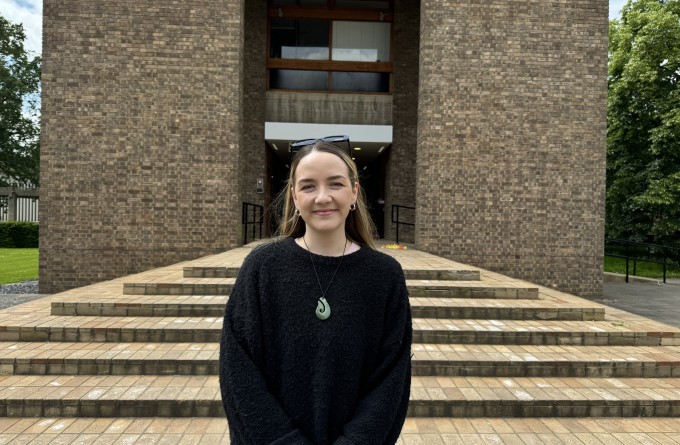
In Focus: Rejuvenating the ageing immune system
17 July 2024
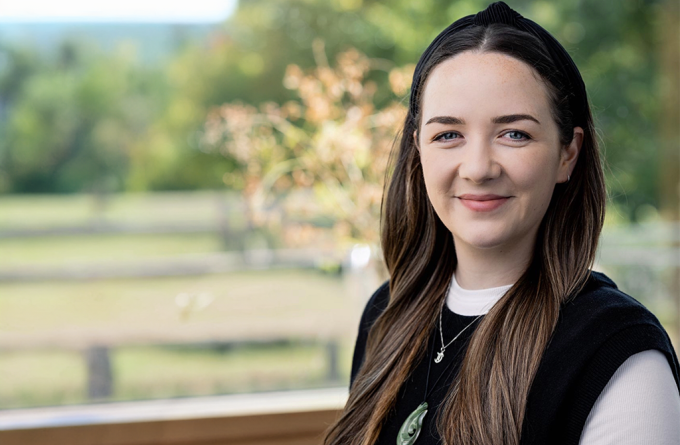
Kia Niwha Leader Fellowship for Malaghan vaccine researcher
6 May 2024
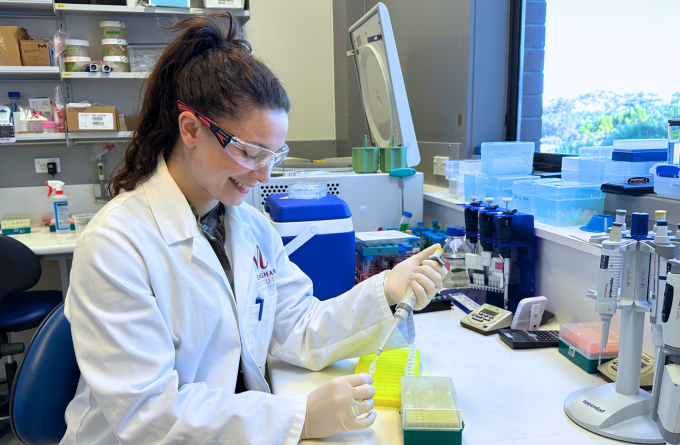
In Focus: Mapping the lung's fight – how the entire organ responds to infection
18 April 2024
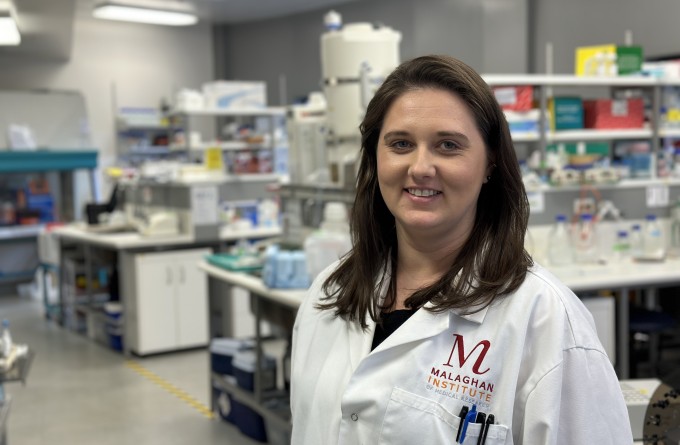
Malaghan and National Institutes of Health research receives prestigious award
5 March 2024
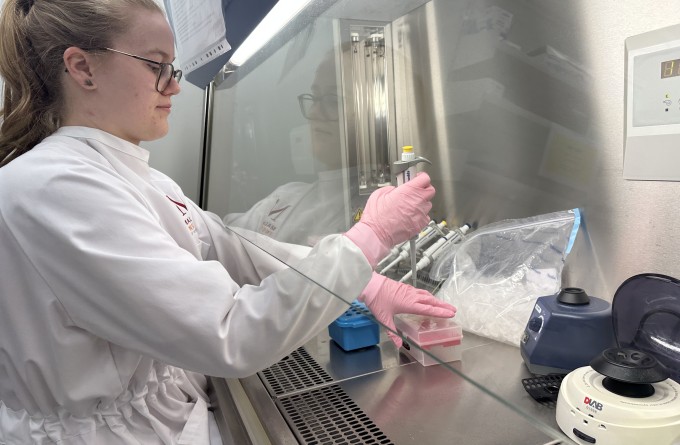
In Focus: Tailoring mRNA vaccines for immunocompromised populations
14 December 2023
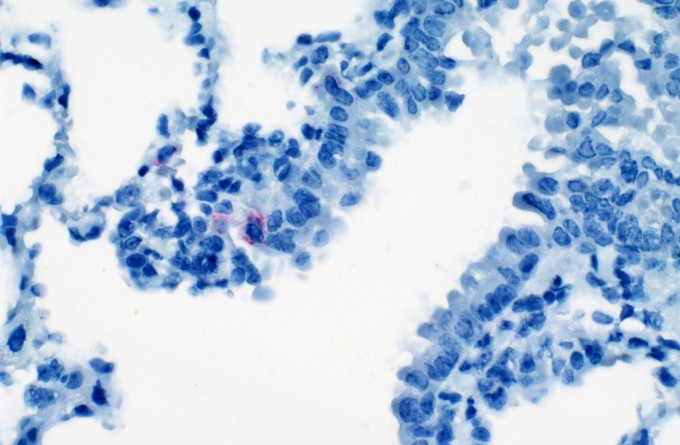
Scientists identify interferon-gamma as potential SARS-CoV-2 antiviral
13 December 2023
